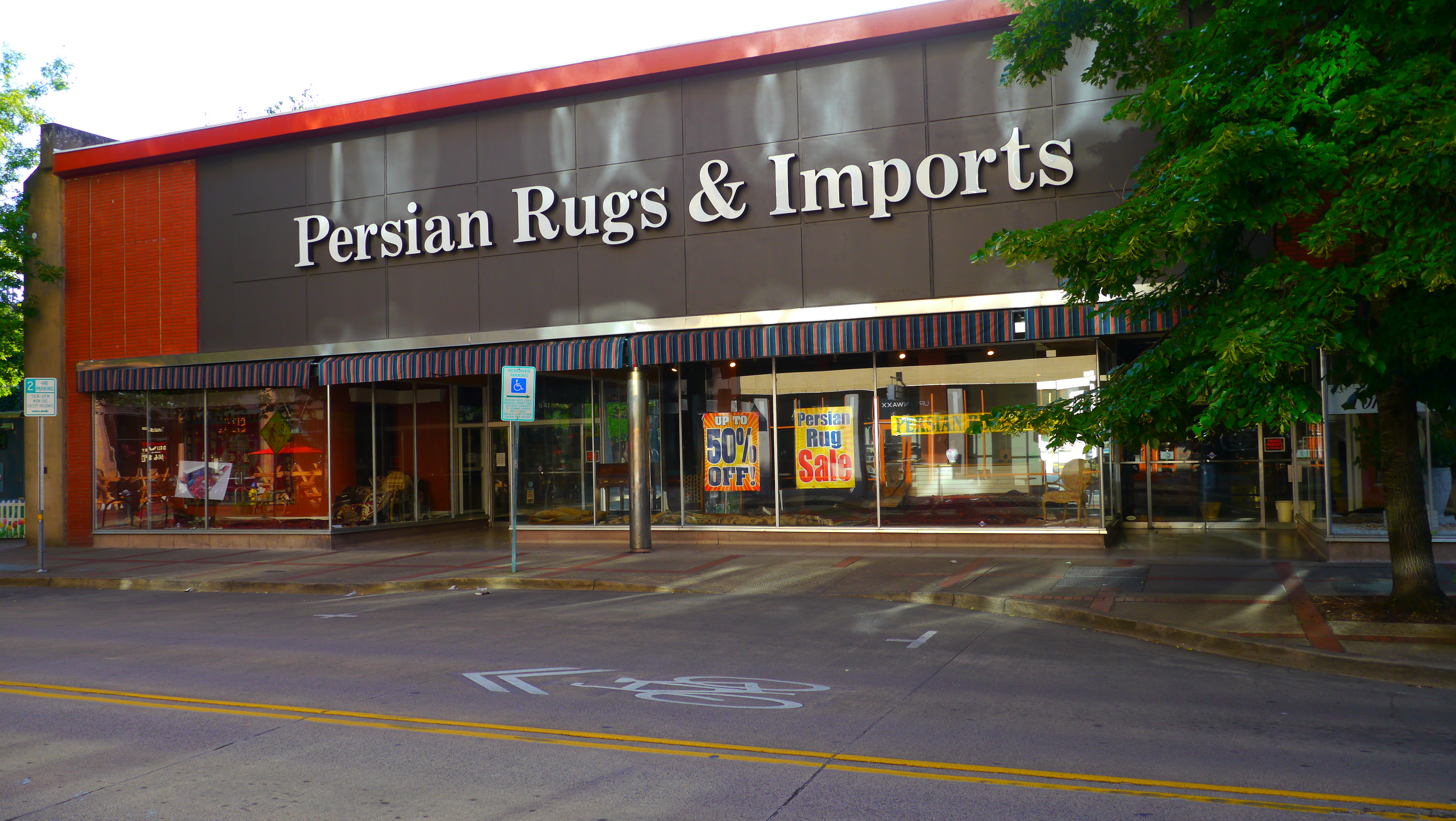
Sanctions against Iran have failed. It is time to renegotiate.
Two years after the United States reimposed economic sanctions on Iran, neither side is closer to its goals: Iran still wants nuclear weapons, and the United States still wants to block its ambitions. Not only is the Iranian nuclear program continuing to develop, but U.S. sanctions are decimating the Iranian economy without forcing change in the regime.
Because of this, the United States should allow trade with certain industries and empower Iranian workers to exact political change from within.
In 2015, the Joint Comprehensive Plan of Action eased sanctions against Iran in return for curbed nuclear development. If nothing else, the JCPOA broke the stalemate and showed the Iranian people what prosperity could look like if they compromised with the United States.
Iran’s economy surged. Under recently renewed sanctions, however, Iran suffers from massive inflation. Its GDP, exports, and foreign direct investment have all fallen dramatically.
A problem with the “new” sanctions is that they are not new. The United States has imposed sanctions against Iran almost continuously since 1979, after protesters stormed the U.S. embassy and held 66 Americans hostage for more than a year. Over the last 40 years, the Iranian people have adjusted to the scarcity, and the government has not changed its anti-American stance.
More than that, Iranian leaders can propagandize the sanctions to blame the United States for the failures of the regime. Reopening trade with the industries targeted by secondary sanctions could give ordinary Iranians the resources they need to push for reforms.
The Persian rug industry is one such opportunity. Persian rugs are a luxury good with an enduring history and worldwide renown. Each square inch is bound by hundreds of knots and features geometric patterns and symbols of nature. The quality of the art is so high that the rugs only increase in value over time. The United States is one of the largest markets for the artform, and the JCPOA eased the secondary sanctions targeting Persian rugs.
Following the tightening of sanctions in 2018, no Persian rugs may enter the United States, which effectively blockades the American consumer of these goods and disrupts an industry that has nothing to do with state-sponsored terrorism, nuclear proliferation, or arms development.
Many of the weavers are women who have limited options in the male-dominated workforce. With the removal of sanctions against the Persian rug industry, these women would have the opportunity to play a greater role in the economy and, consequently, in the political sphere. Recent imprisonments of feminist role models in Iran demonstrate a growing unrest among women, and increased political involvement would increase pressure against the regime.
Negotiating with a country the United States has deemed hostile involves risks. There is the distinct possibility that funds generated from any exporting industry could be diverted to support the Iranian government’s anti-Western agenda.
Yet decades of sanctions have not halted this agenda, and it is time for the United States to reevaluate their purpose. If they are purely symbolic, then their effectiveness is moot. If they are intended to spur regime change and deter nuclear proliferation, then they have failed.
The long-term change in Iran will not come from outside pressure. It must come from the citizens, and the United States can support them by encouraging industries unrelated to national security. The Persian rug business is the perfect example of an industry that has a U.S. market and whose trade will form connections between the two cultures. Forming relationships through common interests, rather than cutting off ties for 40 years, will set the stage for economic prosperity and regime change.
Kathleen Hess is a junior studying international business and German

